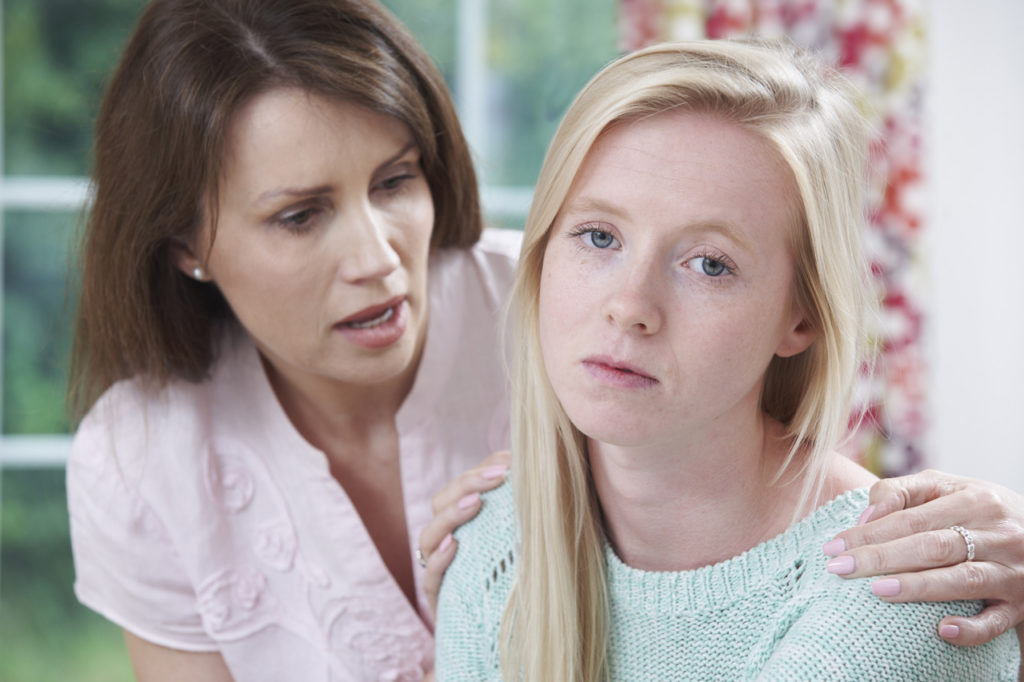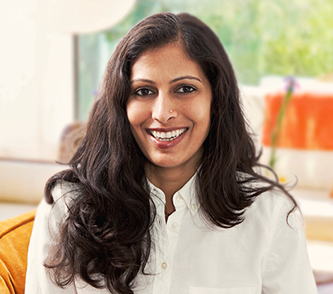Last year at a Bliss B4 Laundry retreat, I ran a workshop on self-compassion, and a mother and daughter pair attended. They were both in tears after, stating that neither of them knew how the other was struggling, and were grateful to have shared this experience. Watching them, and having numerous conversations with women about how to support the young girls in their lives inspired me to write this blog post.
My six-year-old daughter is a firecracker. She will put people in their places when needed, and will not allow herself or her friends to be mistreated. The feminist part of me beams when she doesn’t sit politely and take orders from people. I don’t teach her to be nice; I teach her to be good, to do the right thing. A few months ago, she came home from school one day and announced she was in student council. We were all shocked, we had been helping our son in grade 4 with his speech to run as a classroom representative, we had no idea grade 1s had reps too. So, I asked her what happened. She explained the teacher said the classroom rep has to be someone who wants to help people, come up with ideas to make the school better, and will make sure the class knows about school events. Then the teacher asked if anyone wanted to nominate himself or herself. She said she thought she fit the description, and raised her hand. Apparently enough other students agreed, and she was elected to be 1 of 2 reps. According to Malcolm Gladwell, my daughter’s late November birthday would put her at a disadvantage in her class, but that’s clearly not the case with this child.
Despite a keen sense of knowing her strengths, I am starting to see self-doubt bubble up from inside her, and it breaks my heart. I tell my children that we are all good people who do some bad things. Some of us do more bad things than others, sure, but that doesn’t mean they are all bad. This theory teaches that we are allowed to be imperfect, or make mistakes. That just because we aren’t great at everything, it doesn’t mean we’re not valuable. Despite my attempts at reminding my daughter of this, there are times where she is hard on herself. She gets feedback from her peers and processes them to be as valid, or even more valid then my words. I know this is just the beginning. I know a harder battle is coming as she goes into adolescence.

Let’s face it, most young girls base their self worth on the compilation of: any attention from the popular kids, online feedback either directly to them or media messages, and a sprinkling of parents’ and teachers’ praise or criticism. All this external noise prevents them from hearing their internal voices.
As adult women, our goal is to come out of this pit of self-doubt. For some reason, it takes an awfully long time. We are wiser than we were in high school for sure, but there is still some barrier that prevents us from looking within to find our intrinsic value. Do you still base your sense of self worth on what other people think? Do you still do things to ensure approval or acceptance from others? See what I mean?
It makes me wonder. If we’re able to hang on to some of our self worth when we’re young, then would we be able to bounce back from adolescence sooner? We all know someone who has done this, who has been able to hear her own voice throughout the noise, and hold on to her self-confidence despite the hormones, and the gossip, and the parents trying to make them “the uncoolest kid in the school”! These tend to be women who continue to do great things in life. I’m not talking about the most popular girls in school. I’m talking about the girls who stuck with what she loved despite peer pressure, the debate team captain, or set designer for the school plays, or president of the Amnesty International club.
 Although it might be too late for us to take preventative measures, it is necessary for us to strengthen our self worth as adults, for our own wellbeing, and the benefit for those around us. While doing that, what if we encouraged the young girls in our lives to do the same. Could you imagine preventing your daughter, your niece, your little sister from digging themselves into the same self-doubt pit that we did? Or at least ensuring their pit isn’t as deep as ours were.
Although it might be too late for us to take preventative measures, it is necessary for us to strengthen our self worth as adults, for our own wellbeing, and the benefit for those around us. While doing that, what if we encouraged the young girls in our lives to do the same. Could you imagine preventing your daughter, your niece, your little sister from digging themselves into the same self-doubt pit that we did? Or at least ensuring their pit isn’t as deep as ours were.
I’ve encouraged you to be vulnerable to your tribe in the past. I now urge you to be vulnerable to the girls in your life. Share with them what it is like for you to battle your self-criticisms. Share with them what your grade school experiences were like. Share with them what you have done, and what you continue to do to strengthen your own self worth. If you aren’t doing enough now, then find out what you need to do, then do it with the girls in your life. Share the experience of growing with her.
As well, listen to their experiences, and remind yourself what it was like to be in their shoes. Talk to them as your “adolescent, yet wiser” self when they express their self-doubt. Empathize with them. Help them find their tribe. Encourage them to tune into and listen to their own voice.
 Superwoman Syndrome starts from a place of insecurity, a sense that being good enough is not enough. The seeds of this insecurity are almost always planted in adolescence. If someone could have prevented those seeds being planted in you, how would your life been different? Wouldn’t you want to prevent those seeds to be planted in your daughter/niece/cousin/protégée?
Superwoman Syndrome starts from a place of insecurity, a sense that being good enough is not enough. The seeds of this insecurity are almost always planted in adolescence. If someone could have prevented those seeds being planted in you, how would your life been different? Wouldn’t you want to prevent those seeds to be planted in your daughter/niece/cousin/protégée?



